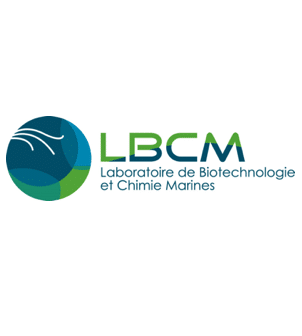In the vastness of the ocean, a natural laboratory is hidden, sprinkled with incredible forms of life that had so far escaped our scientific curiosity. Marine biotechnology now presents itself as a discipline capable of opening a new field of knowledge, rich in potential applications. This science is not only unknown but also underestimated, while it holds essential keys for the future of our blue planet. At the crossroads of biology, chemistry, and ecology, marine biotechnology strives to draw from oceanic biodiversity to find solutions to global challenges.
Table of Contents
ToggleThe Foundations of Marine Biotechnology
Marine organisms are fascinating and unexplored creatures that have evolved to survive in extreme environments. This has led to the development of unique biomolecules that are generating growing interest. On a larger scale, marine biotechnology addresses bioremediation, aiming to clean up and restore degraded aquatic environments. This process uses organisms to transform toxic residues into harmless substances.
A concrete example comes from the use of marine bacteria for the degradation of hydrocarbons following oil spills at sea. The study of these microorganisms shows considerable potential that would be a shame to ignore. It is about exploring not only for profit but also for survival, by wisely harnessing this biotechnology.
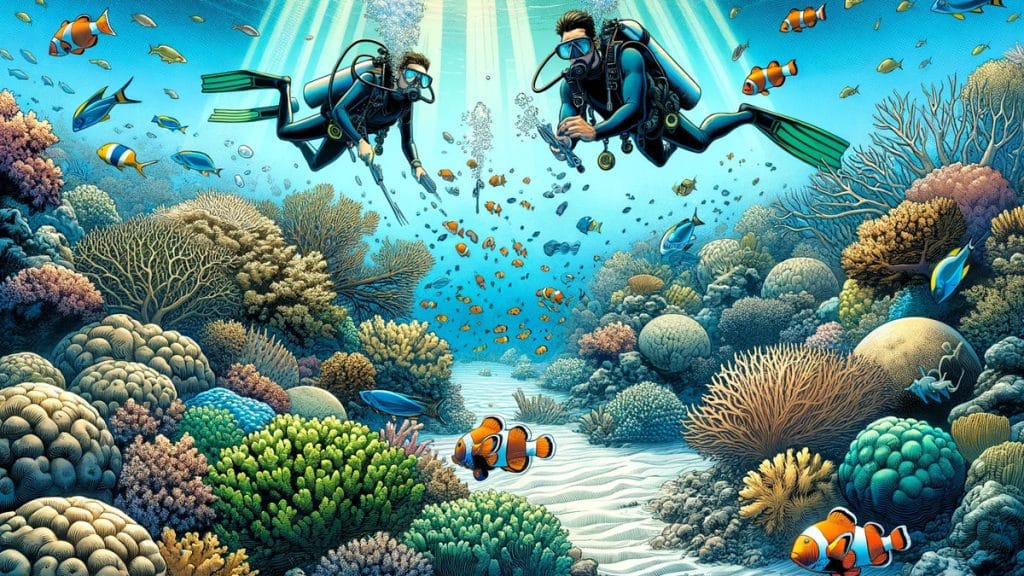
Hydrological and Biological Importance
The oceans play a crucial role in the terrestrial life cycle, regulating climate and contributing to the global food chain. Marine biotechnology thus proposes applications aimed at protecting these gigantic reservoirs of biodiversity. For example, algae are becoming key players in the production of eco-friendly biofuels, offering an alternative to polluting fossil energy sources.
Thanks to investment in research, we understand the importance of protecting marine ecosystems, as they house bioresources that could represent solutions to our current climate problems. Each discovery only confirms the urgency of caring for our oceans.
The Applications of Marine Biotechnology in Medicine
The medical applications of marine biotechnology are vast and promising. Molecules derived from marine organisms possess antimicrobial and anticancer properties that are revolutionizing the development of new medications. For example, compounds extracted from corals and sea sponges have demonstrated their effectiveness in treating certain types of cancer.
Worse, the ocean is often described as the pharmacy of the future, where each dive could potentially save millions of lives. Researchers are striving to decipher the genetic code of marine species to discover innovative treatments for currently incurable diseases.
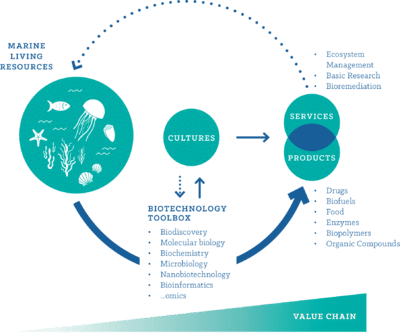
Future Treatment Scenarios
The prospects offered by marine biotechnology pave the way for precision medicine, where each treatment could be personalized according to the genetic profile of the patient and the available marine compounds. Imagine a world where chronic diseases would be treated with therapies derived from the sea, thereby redefining the medical landscape.
The quest continues worldwide, attempting to discover the next medical blockbuster coming from the ocean. This scientific battle could lead to a new medical golden age and demonstrate that modern innovations still have much to learn from the ancient mysteries of the marine depths.
Marine Biotechnology and Environmental Sustainability
In addition to its medical applications, marine biotechnology plays a crucial role in environmental sustainability. Through the bioengineering of algae and the use of marine biomass, it is possible to create biologically degradable products, thus contributing to reducing carbon footprints and plastic pollution.
On the other hand, initiatives are taking shape, encouraging sustainable development through aquaculture to relieve declining wild fish stocks. These sustainable practices lead to an improvement in biodiversity and the health of marine ecosystems, showing that biotechnology could also be the key to a greener world.

Impact on Marine Ecosystems
Respect for ecosystems and sustainable development are inextricably linked to marine biotechnology. For example, the restoration of coral reefs through in situ coral farming techniques is an initiative that is spreading worldwide.
On once barren shores, marine life is beginning to flourish again thanks to the smart application of marine biotechnologies. These methods not only strengthen the local economy but also enrich overall biodiversity. It is therefore essential to continue investing in this innovative science.
Challenges and Perspectives for the Marine Biotechnology Industry
Despite the promises, marine biotechnology faces numerous challenges. Among them are the funding of research, which remains very costly, or the strict regulations surrounding the biological exploitation of marine resources.
It is crucial to overcome these obstacles for marine biotechnology to reach its full potential. It is a booming market with unparalleled richness and the promise of enormous scientific and economic benefits. Moreover, the development of high-speed DNA sequencing technologies now allows for the rapid mapping of these genetic resources.
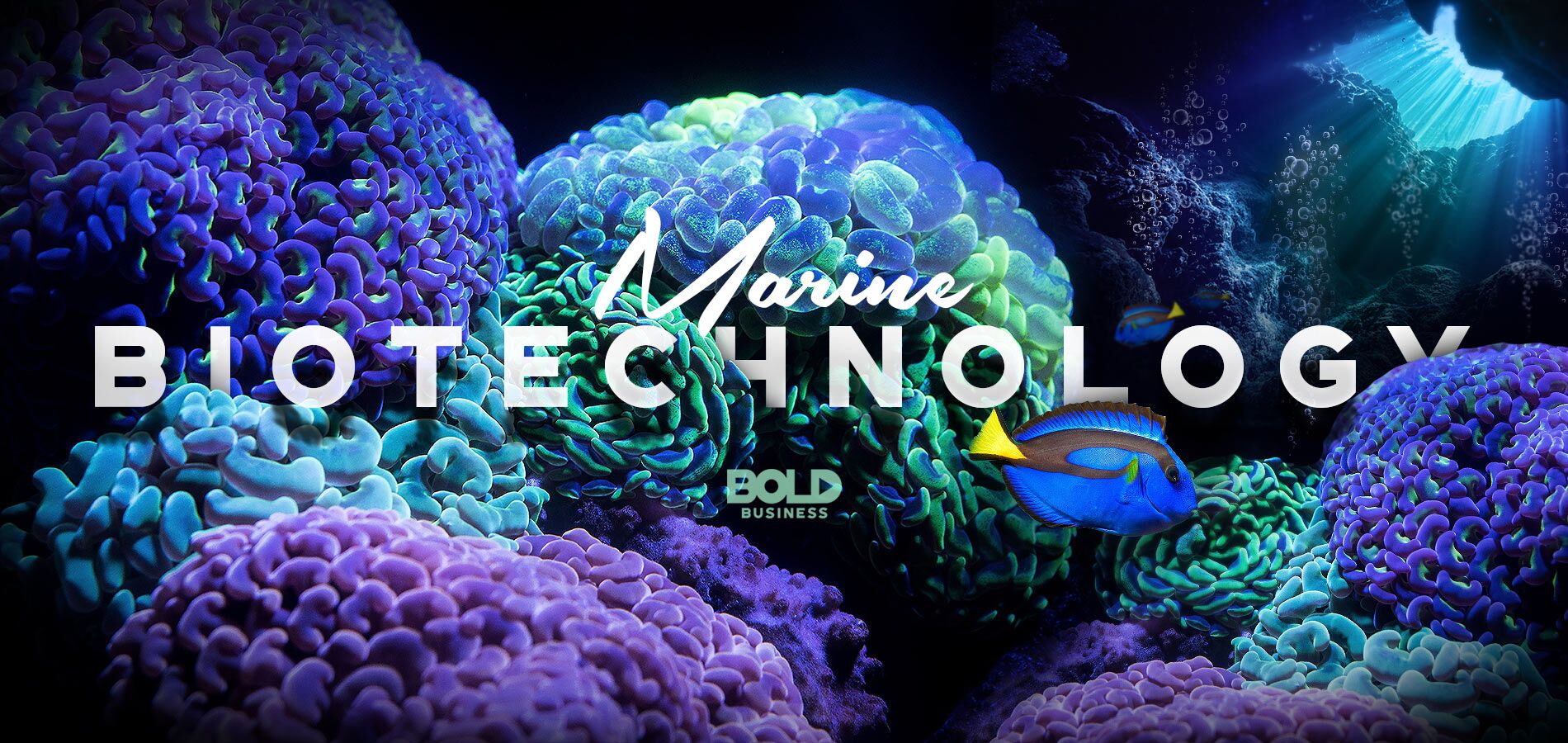
Innovation and Global Partnerships
To overcome these obstacles, international cooperation is crucial. Partnerships between researchers, governments, and industries must intensify, thus creating a network for sharing information and solutions on a global scale.
Such collaborations could allow for a faster advancement of marine biotechnology, ensuring the preservation of oceans for future generations. Furthermore, lawmakers must support this dynamic with a flexible legislative framework while prioritizing environmental protection.
Marine Biotechnology and Cosmetic Innovations
Marine biotechnology also influences the cosmetic industry. Ingredients such as algae and other marine extracts are increasingly used to create natural cosmetic products, offering alternatives to harmful chemicals.
Companies leverage the intrinsic properties of marine organisms, such as hydration, protection, and anti-aging. Thus, the demand for these ‘eco-friendly’ products is only increasing and represents a growing trend in cosmetics.
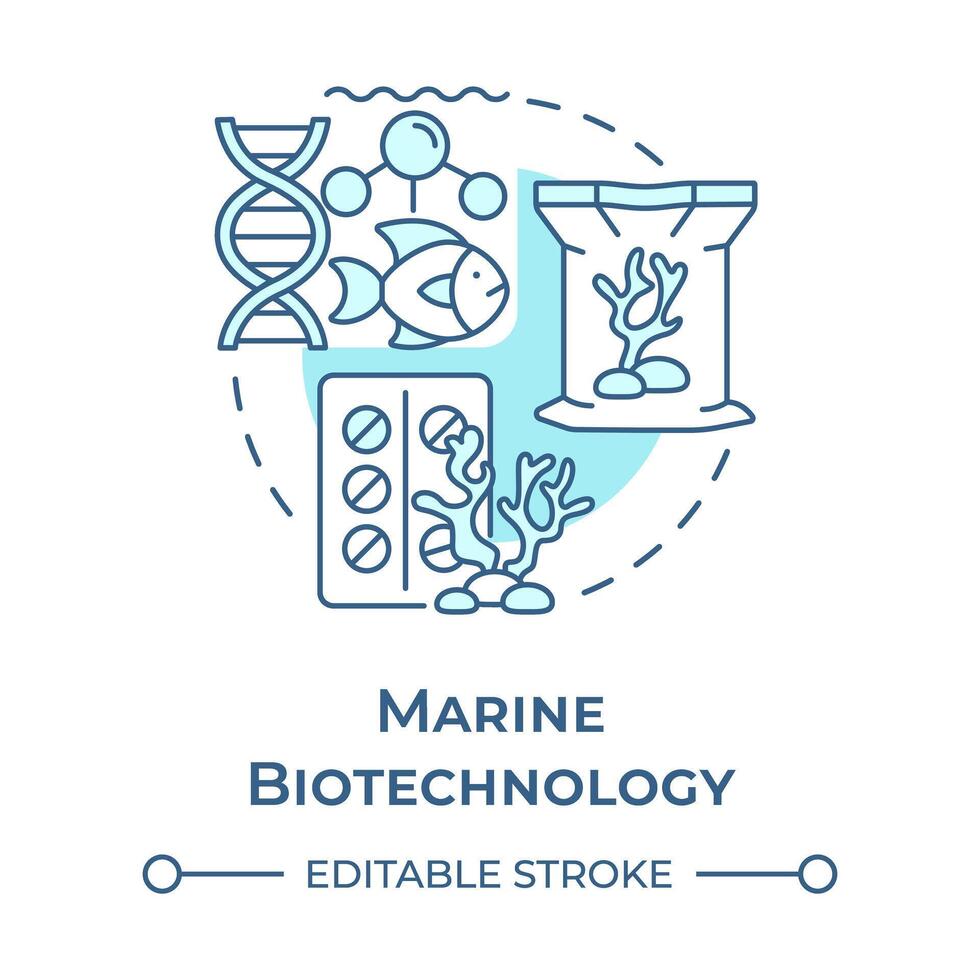
Evolution of Consumer Trends
With a globally increasing awareness of environmental issues, the rise of bio-sourced marine ingredients is generating unprecedented enthusiasm. Changing consumption habits towards more natural products is becoming a priority.
This appeal further underscores the crucial importance of our oceans, not merely as a passive resource, but by actively engaging consumers towards informed, responsible choices that make this possible.

